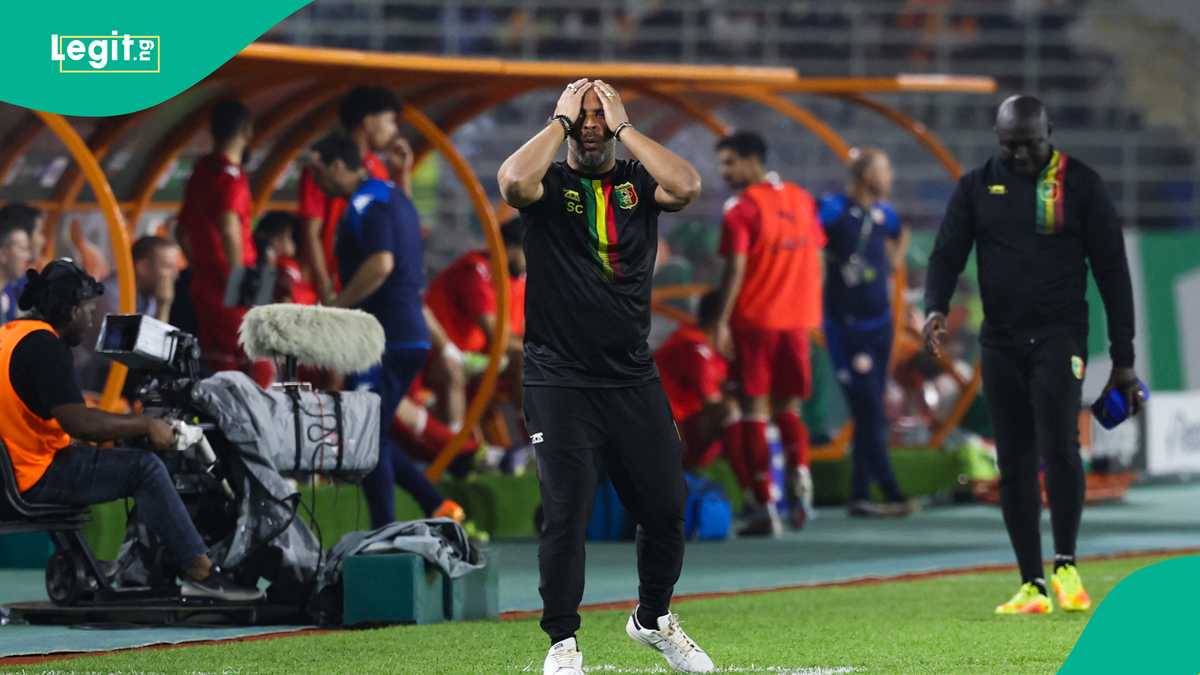Why Kids With ADHD Struggle to Sleep and What You Can Do
As many as two out of every three high school students aren't getting enough sleep. And, kids with attention deficit hyperactivity disorder (ADHD) are even more likely to have challenges getting appropriate shut-eye.
In fact, a recent study found that kids with ADHD sleep less at night and have poorer sleep quality than their peers without ADHD. These sleep issues impact their executive functioning skills, academics, and relationships with others.
"Think about how you feel when you are tired or sleep-deprived," says Mary Beth DeWitt, PhD, chief of child psychology at Dayton Children's Hospital. "It is harder to concentrate, and stay focused and you may be more irritable. With kids, it may also exacerbate...ADHD, so kids may be more hyperactive, impulsive, and may even show aggression or irritability."
In this recent study, the research team investigated sleep physiology in 62 teens ages 13 to 17. Thirty-one had ADHD and 31 had no psychiatric diagnoses.
"This study showed that adolescents with ADHD tend to spend less time each night in slow-wave deep sleep, which is the deepest stage of sleep, and more time in stage 2 sleep," says Mirjam Quinn, PhD, a licensed clinical child and adolescent psychologist and owner of a group psychology practice in Chicago, who is not affiliated with the study. "Sleep specialists think that stage 2 sleep is when our brain organizes our memories and experiences of the day."
Slow-wave deep sleep, by comparison, is the deepest sleep stage, she says. "Your body uses this sleep stage to repair injuries, and you need it for your immune system to work. Slow-wave deep sleep is so important for our bodies that, for most people, this sleep stage is frontloaded, meaning that a lot of it happens at the beginning of our sleep session."
When your teen doesn't get adequate deep sleep, they may wake up in the morning feeling exhausted even if they logged "enough" hours of sleep, says Quinn. "So if an adolescent with ADHD has a brain that is so busy that it continues zipping along even at night, causing them to spend a lot of time in the lighter stages of sleep, and not enough time in the deep sleep stage, they are more likely to go through their day feeling tired and like they haven't had enough rest."
Researchers know that lack of sleep can cause neurocognitive impairments, but they don't know whether sleep problems can explain the executive functioning difficulties that kids with ADHD have, she says. "But if their brain isn't getting the rest and reset it needs at night, existing difficulties will be amplified."
When teens don't get enough sleep, it's like their prefrontal cortex doesn't have enough "juice" to fully show up and engage in executive functioning to the fullest of its ability, says Quinn. "So then [things like their] working memory, processing speed, emotion regulation, attention and concentration, and impulse inhibition—which are all things that a neurodivergent brain already has a harder time with anyway—start to suffer."
In turn, this impacts their school life because it's harder for them to tune out distractions and focus on their teacher, she adds. "It's harder to inhibit the impulse to throw an eraser at your table mate instead of doing a worksheet; it's harder to manage the frustration and boredom that go along with learning a new and difficult concept; and it's harder to stay calm when your teacher does something that feels unfair."
Lack of sleep will also make social interactions more difficult, she says. "It is harder to listen attentively to what your friend is saying—which requires working memory and attention—and it's harder to stop doing something that you thought was funny but is making your friend mad (which requires impulse inhibition)."
To help make sense of this disruption kids experience when they miss sleep, Quinn suggests thinking about the last time you had a bad night's sleep. "Chances are, you weren't very productive at work that day, maybe forgot an appointment, and probably were cranky with your partner."
Getting adequate sleep is critical, she says, because during deep sleep, the brain gets "washed" out by cerebrospinal fluid, which removes the toxic byproducts of all the thinking and working it does during the day.
"I always think of sleep as a jolly man with a broom who comes through after a party and sweeps up all the confetti and cupcake wrappers," she says. "If that jolly man doesn't have enough time to do his work, there will be some [debris] left in the corner, and over time, that [debris] builds up and we start to trip over it."
According to Quinn, people with ADHD have higher rates of insomnia, have longer sleep onset latency (meaning, it takes them longer to fall asleep), and wake up more frequently during the night.
They also spend less time in REM sleep, which they need for emotion regulation and consolidating memory, she says. And, they may experience reduced sleep efficiency, meaning that a lower percentage of the time spent in bed is spent sleeping rather than tossing and turning.
Overall, experts estimate that 25% to 50% of kids with ADHD may have sleep-related problems, adds DeWitt. "Some studies suggest as many as three in four kids with ADHD have sleep problems...Some have suggested that the brain function that contributes to ADHD may also contribute to sleep-related conditions, such as circadian rhythm."
According to Emily Bly, PhD, a licensed clinical psychologist and the CEO and clinical director at Psychology Partners Group, the reasons for the increased risk of sleep disorders could be multiple. "One is that neurobiology is at play. Levels of dopamine and norepinephrine differ for kids with ADHD and can often wreak havoc with sleep/wake cycles."
A second common reason for sleep challenges relates to medication side effects, says Bly. "Stimulant medications are often challenging to regulate, particularly in the early phases where different medications may be in the trial period. Each child metabolizes ADHD medication slightly differently and it takes some time to adjust and become familiar with these patterns."
Bly says for kids who metabolize these medications more slowly, their effect may be prolonged causing too much focus and alertness in the evening hours when parents want them to be winding down for bed.
"Also, it is common for there to be a 'crash effect' as medications leave the system leading to increased irritability and emotion regulation difficulties at night," she says. "A third issue is the presence of co-occurring disorders like anxiety or depression for children with ADHD. These diagnoses can disrupt sleep onset or sleep maintenance and exacerbate the already challenging circumstances."
According to DeWitt, behavior change and a consistent sleep routine are the most effective ways to help your child sleep better. To further promote sleep and boost sleep efficiency, she also recommends:
"These kiddos are sensitive to changes in routine so the more there is consistency in routines, the easier it will be for them to maintain a regular cadence," says Bly. "If your child is struggling with sleep or any other related symptom, it is not your fault, and there is no glory in powering through."
Sleep-oriented psychotherapy treatments for insomnia like CBT-I can do a lot to help get kids back on track with sleep and reduce volume levels to something that feels more manageable for kids and parents, she says.








:max_bytes(150000):strip_icc()/Parents-NursingBaby-02d5ac054b6a4f15b9af9890e335732c.jpg)
:max_bytes(150000):strip_icc()/Parents-Protein-Powder-Danger-3ea098b8508747c4890e87b1f5c3c0f7.jpg)
:max_bytes(150000):strip_icc()/Parents-IVF-Mistakes-65ea54f4e00b47e082fd526dc89ce06f.jpg)
:max_bytes(150000):strip_icc()/Parents-Take5-Header-JeannieMai-e2fb78cf0ee84387a25c3c631ef49eae.jpg)
:max_bytes(150000):strip_icc()/slutty-pumping-GettyImages-955881900-4d7a423aebb14f4da8440af7860c8ab3.jpg)